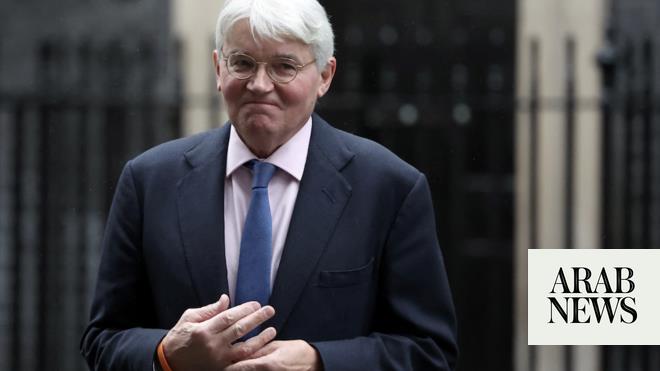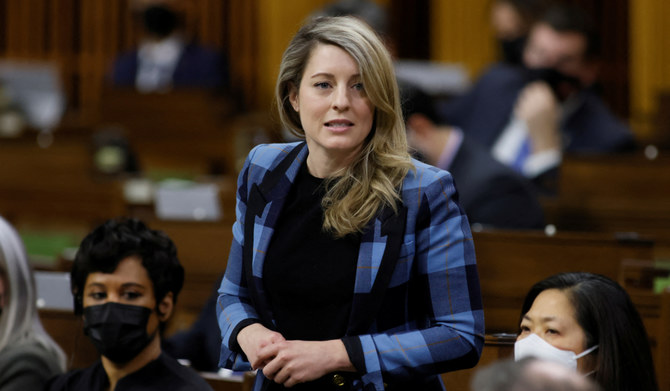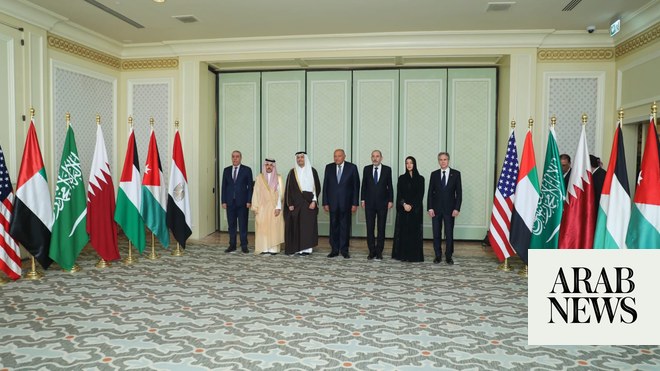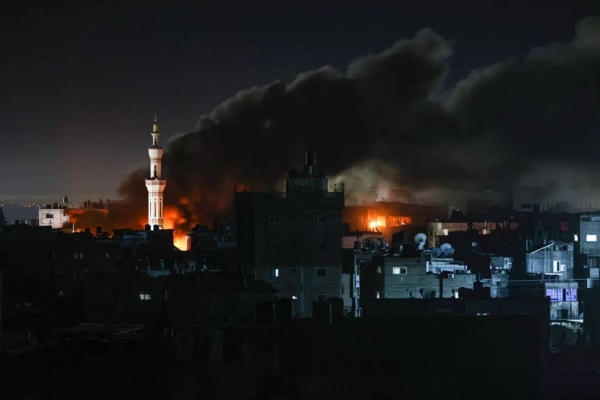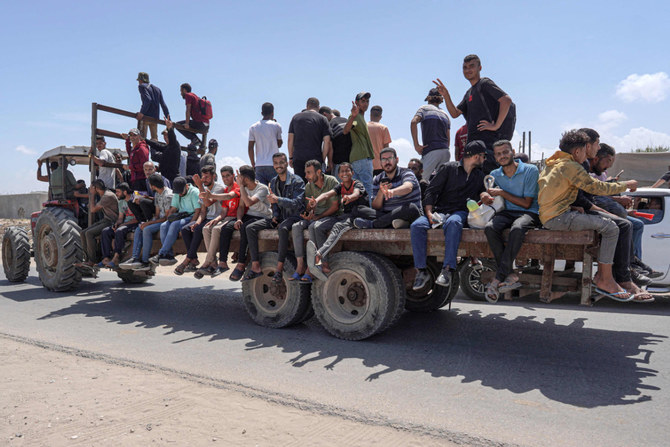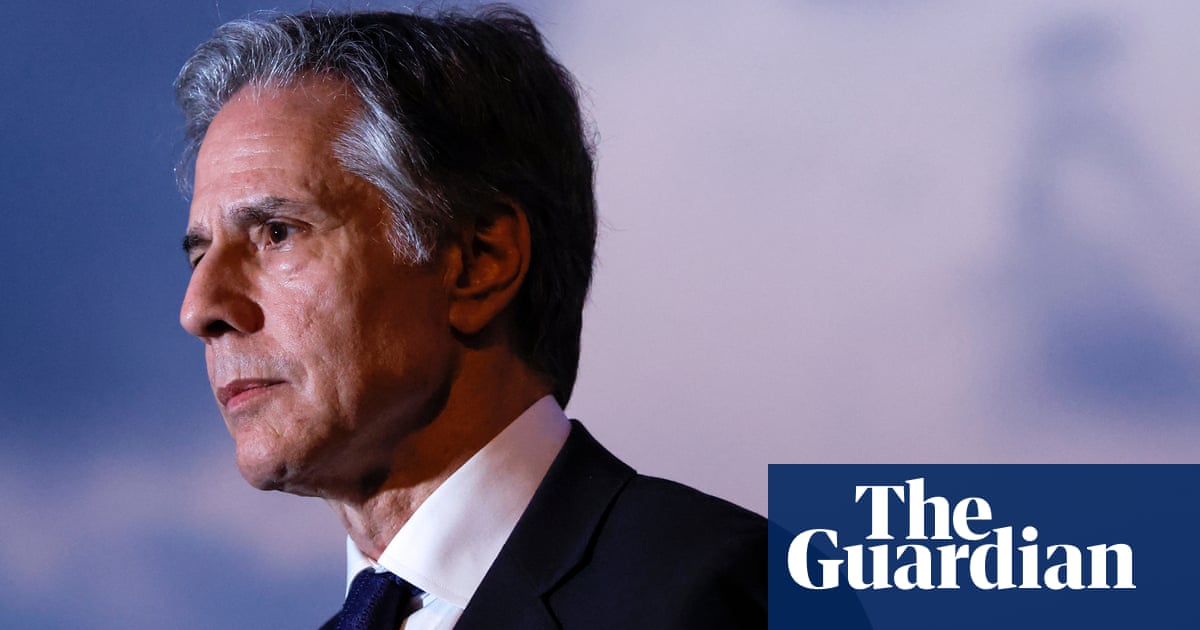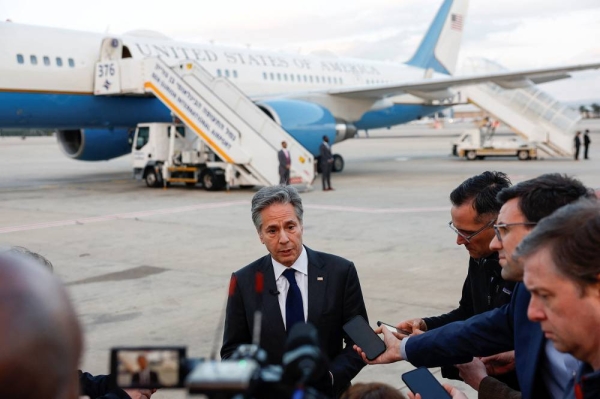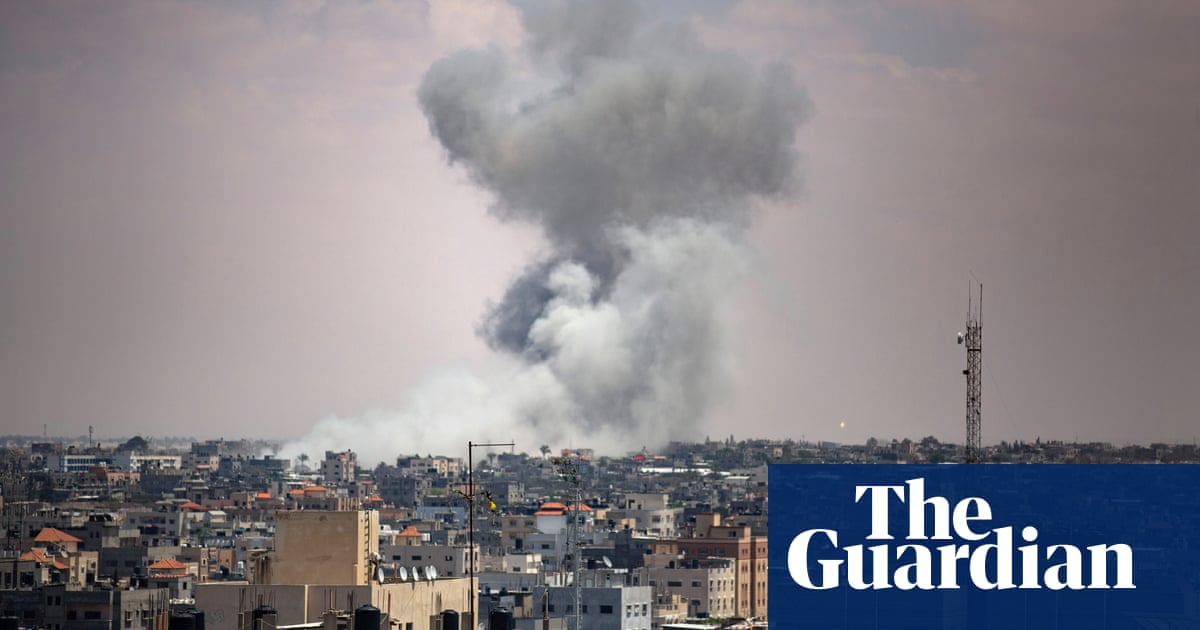
An Israeli military offensive on the city of Rafah would break international humanitarian law and not lead to the eradication of Hamas, Andrew Mitchell, the UK’s deputy foreign minister, said on Tuesday, but he held back from spelling out any planned British consequences if a full-scale invasion goes ahead.
The line, agreed with the US, is aimed at limiting the options of the Israeli government so that it will accept a version of the three-stage peace deal adopted by Hamas. The UK said its aim was to secure a permanent and sustained ceasefire, and the removal of Hamas from the future governance of Gaza.
The British statement that Israel has presented no credible plan for the invasion of Rafah in southern Gaza that complies with international humanitarian law follows a similar statement by the French foreign ministry on Monday. But Mitchell went further in saying such an invasion may end up strengthening, not weakening, Hamas.
Elsewhere in Europe, the EU foreign affairs chief, Josep Borrell, said: “The offensive on Rafah has resumed, despite all the demands of the international community, the United States, the member states of the European Union and all those who have asked Mr Netanyahu not to attack.
“Despite warnings and requests, the attack began at night. I fear that this is going to cause many civilian deaths again, whatever they say … because there are no safe areas in Gaza.” Borrell added: “There are 600,000 children in Gaza.”
He said he was still working on a proposal to pass sanctions or to curb the EU’s trade agreement with Israel. The Belgian prime minister, Alexander De Croo, said in a newspaper interview: “Can we continue with Israel as a trading partner? I don’t think so.”
America has asked its allies to hold off threatening Israel with any public consequences if it goes ahead with a full-scale attack on Rafah, arguing the priority for the next 48 hours was to coax Israel into accepting the ceasefire plan.
Mitchell twice referred to others in the Israeli government apart from the prime minister, Benjamin Netanyahu, suggesting western allies may still hope the crisis leads centrists, such as Benny Gantz, to break from Netanyahu. So far Gantz has called for the ceasefire talks to continue, but added that the proposal offered by Hamas “does not correspond to the dialogue that has taken place so far with the mediators and has significant gaps”.
Mitchell also implied that Hamas, in accepting a ceasefire deal, had not signed up to the same deal as Israel. He said: “A generous offer was on the table last week proposed by Egypt, accepted by Israel, and we need to see Hamas accept a viable deal, and we can start building the momentum towards a permanent sustained ceasefire.”
The sticking points in the talks are known to focus on the degree to which Israel can be committed to accepting that a temporary pause in the fighting will become a permanent cessation. The US said the text agreed by Hamas had only minor word changes from a version Israel had agreed.
The UN and Mitchell were unequivocal in their calls for Israel to end its renewed block on humanitarian aid. The UN secretary general, António Guterres, on Tuesday called for crossings into Gaza to be reopened immediately to allow in essential aid, and urged Israel to “stop any escalation” after it sent tanks into Rafah.
“Things are moving in the wrong direction. I am disturbed and distressed by the renewed military activity in Rafah by the Israel Defense Forces,” he said.




